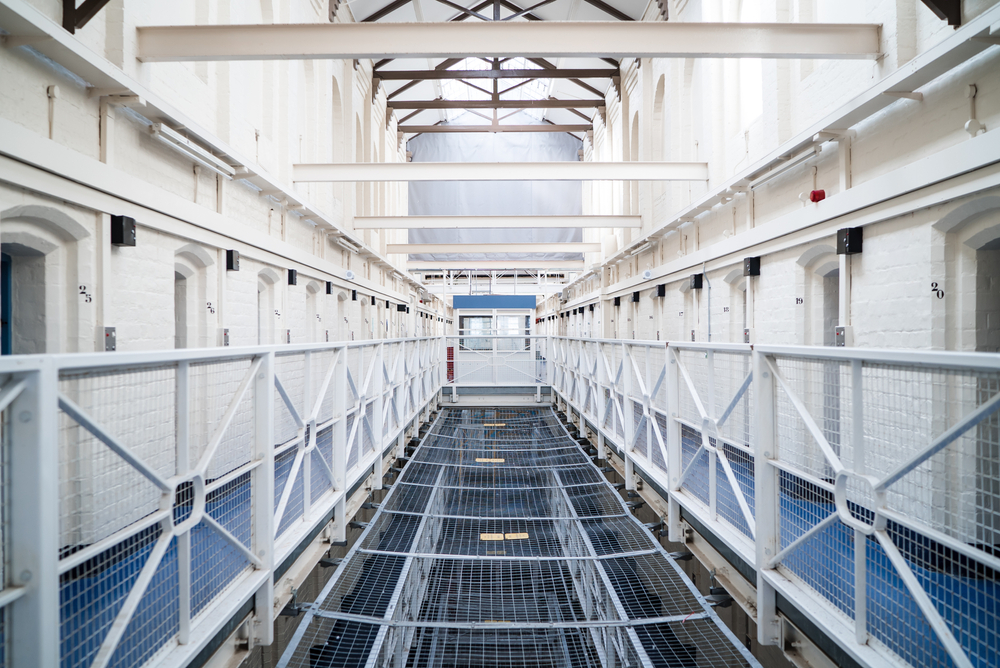To avoid overcrowding in its prison system, Denmark will transfer up to 300 prisoners to a detention facility in Kosovo.
Others are reading now
To avoid overcrowding in its prison system, Denmark has finalized an agreement to transfer up to 300 foreign prisoners to a detention facility in Kosovo by 2027.
The deal, ratified by Kosovo’s parliament in May 2024, stipulates that these inmates—foreign nationals convicted in Denmark and slated for deportation after serving their sentences—will be housed in a prison near Gjilan in southeastern Kosovo.
In return, Denmark will pay Kosovo €210 million over a decade.
The funds are earmarked for enhancing Kosovo’s correctional infrastructure and supporting investments in renewable energy projects.
Also read
Implementation and Oversight
Under the agreement, the Gjilan prison will undergo renovations to meet Danish standards.
A Danish prison governor will co-manage the facility alongside a local director, while all guards will be Kosovar personnel trained by Danish authorities to ensure adherence to Danish and international human rights standards.
According to a report by Digi24, the first group of inmates is expected to be transferred between 21 and 25 months after the commencement of the prison’s reconstruction, which is slated to begin within weeks
Human Rights Criticism
The agreement has sparked concerns among local residents and human rights organizations.
Residents of Pasjak, a village near the prison, have expressed unease about the presence of foreign inmates and the potential impact on their community. S
ome villagers worry about safety and the lack of consultation prior to the agreement’s implementation.
Human rights groups have also raised alarms.
Therese Rytter, legal director of the Danish organization Dignity, points to past allegations of abuse in Kosovo’s prison system, stating that while such issues may not recur, the risk is higher compared to Danish facilities.
Reports from the U.S. State Department and the UN Committee against Torture have cited concerns about violence among prisoners, corruption, and inadequate healthcare in Kosovo’s prisons.
Despite the controversies, the Denmark-Kosovo prison agreement has garnered attention from other European nations grappling with prison overcrowding.
Sweden, for instance, has announced plans to rent detention facilities in Estonia.
French President Emmanuel Macron has also indicated that relocating prisoners is a topic worth exploring.


